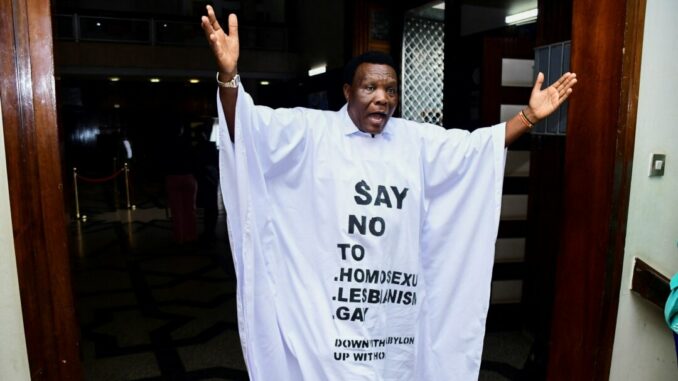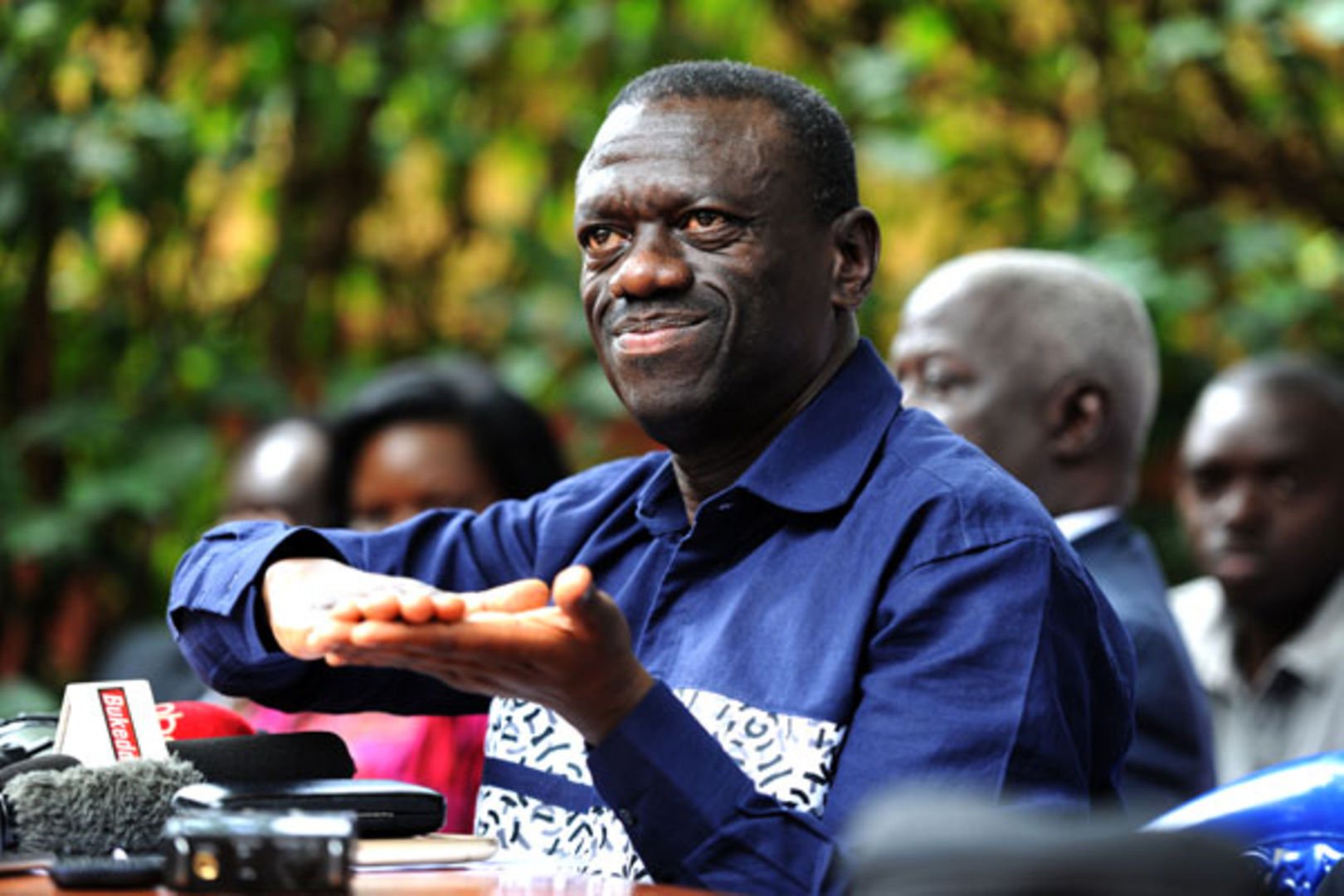Ugandan President Yoweri Museveni has signed into law draconian new anti-gay legislation against homosexuality described as among the world’s harshest, stirring controversy in and outside the country and prompting condemnation from human rights and LGBTQ groups as well as Western powers.
The new anti-homosexuality law that provides for tough measures targeting LGBTQ individuals is supported by many in the East African country but has been widely condemned by rights activists and others abroad. The new legislation does not criminalize individuals who identify as LGBTQ, which was a key concern for campaigners who condemned an earlier draft of the legislation as an egregious attack on human rights, but prescribes the death penalty for the so-called “aggravated homosexuality”. This term refers to such cases of sexual relations that involve people infected with HIV, as well as with minors and other categories of vulnerable people.
The new legislation stipulates that a suspect convicted of “attempted aggravated homosexuality” can be imprisoned for up to 14 years.
While reactions from civil society in Uganda have been muted following years of erosion of civic space under Museveni’s rule, the enactment of the anti-gay bill comes after warnings from Uganda’s international partners, including close ally the United States, of repercussions should the controversial proposal become law. The European Parliament voted in April to condemn the bill and asked EU states to pressure Museveni into not implementing it, warning that relations with Kampala were at stake. US Secretary of State Antony Blinken has said the Uganda’s new anti-gay legislation is deeply troubling, adding the United States consider restricting visas for some Ugandan officials.
Ugandan MP Asuman Basalirwa who sponsored the legislation rebuffed these threats, saying that he was “ready to champion the cause of going to the Arab world to look for donor support. In the Arab world, we will go to Saudi Arabia, we will go to Kuwait, we will go to Qatar, we will go to UAE, and this deficit which will be occasioned by these cuts can easily be replaced.”



